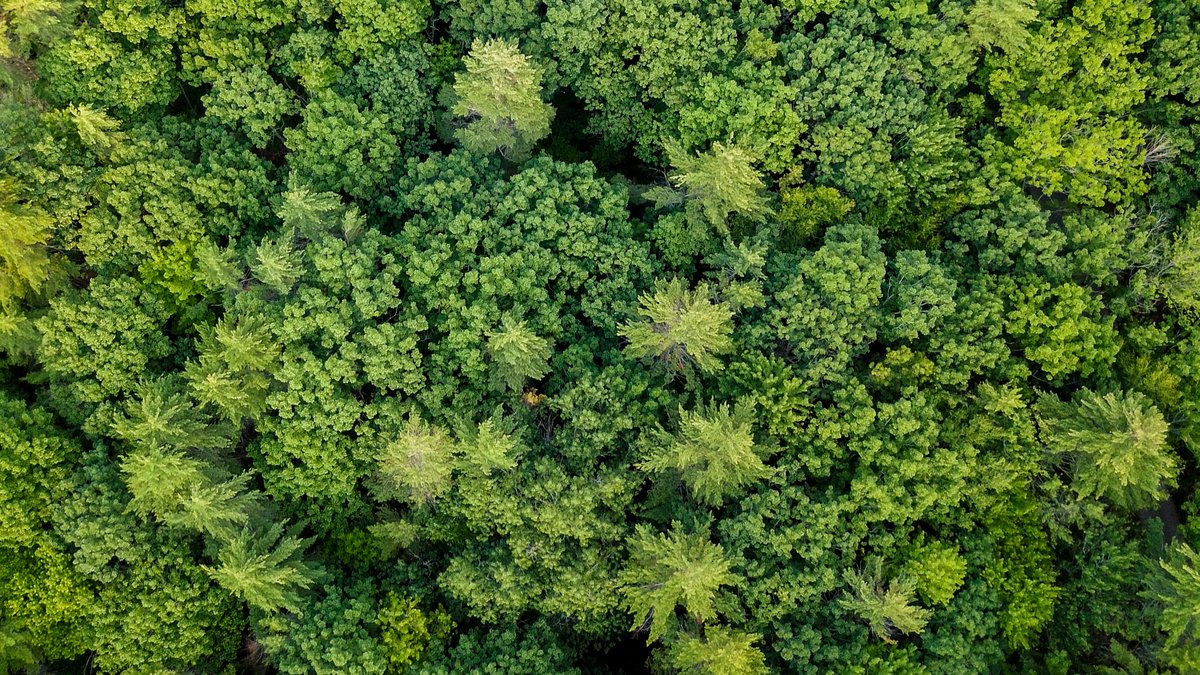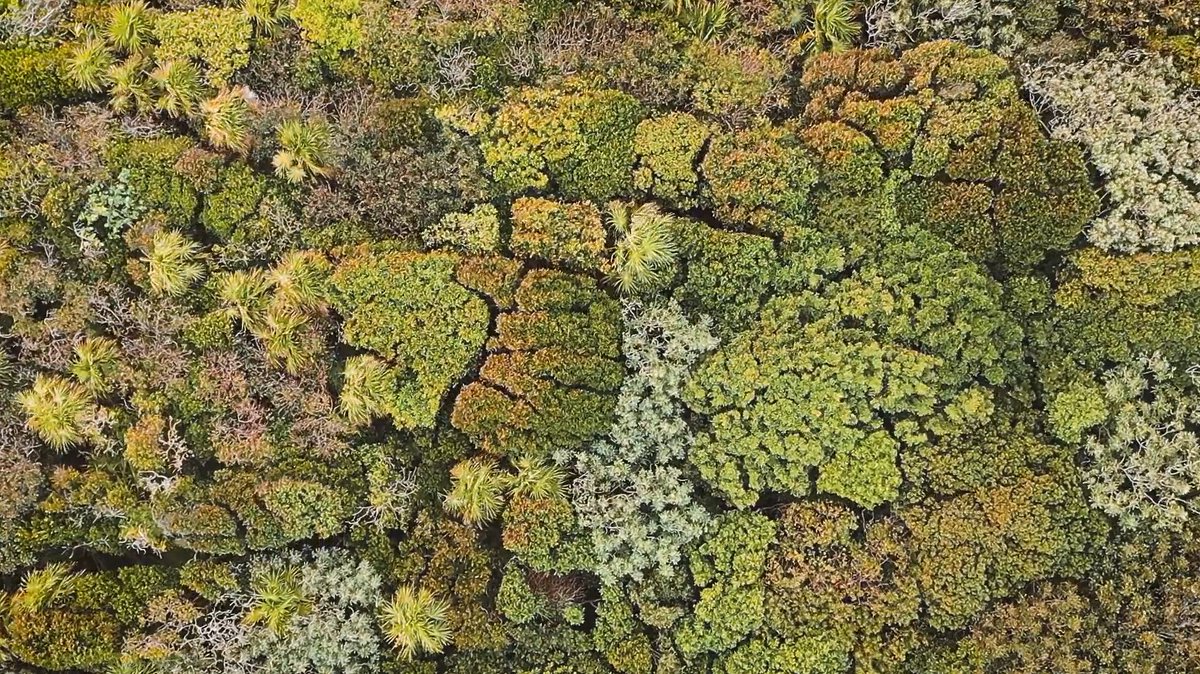The fun thing about studying social and economic organization from an evolutionary perspective is that you get to watch videos like this one about canopy disengagement, aka crown shyness, in the Mexican jungle. (Original by Dimitar Karanikolov on https://vimeo.com/328002264 )
The interesting thing about canopy disengagement from a social perspective is that even tho it has been discovered a hundred years ago, it still hasn't been fully explained, with explanations pointing in three fundamentally different directions.
The first explanation is that we see disengagement as the result of leaf and bud abrasions under wind stress and natural growing motion (circumnutation) while trying to optimize exposure to sunlight. Let's call this competitive explanation.
The second explanation is that trees are able to anticipate and avoid abrasions by redirecting growth when the vicinity of a competing tree canopy is detected. Let's call this the collusive explanation.
The third explanation is that crown disengagement is a form of social distancing to curb the transmission of parasites. Let's call this the altruistic explanation. A side effect of avoidance strategies is that they allow sunlight to reach the lower levels of the forest.
Two interesting observations about the Mexican example: 1. disengagement within the same species is lower than between different species, but 2. this does not seem to lead to Schelling segregation: the number of neighboring trees of the same species is small.
This would make the social distancing explanation less credible. Trees of the same species quite like each other and manage to create a dense cover. Optimum resource usage seems to be reached via species desegregation and biodiversity.
This was a little Sunday exploration into the social interaction of trees. All pictures via https://unsplash.com/s/photos/forest

 Read on Twitter
Read on Twitter








